
Alzheimer’s Disease Initiative
Alzheimer’s disease is a progressive neurodegenerative disorder that affects memory, thinking, and behavior. It is the most common cause of dementia, a group of symptoms affecting cognitive abilities. The exact cause of Alzheimer’s is still unclear, but it is believed to result from a combination of genetic, environmental, and lifestyle factors. The disease is characterized by the buildup of amyloid plaques and tau tangles in the brain, which disrupt normal brain function and communication between cells.
Early symptoms of Alzheimer’s include memory loss, particularly forgetting recently learned information, confusion about time or place, and difficulty in solving problems or making decisions. As the disease progresses, individuals may experience disorientation, mood swings, difficulty speaking, and inability to perform daily tasks. In the advanced stages, patients often lose the ability to recognize loved ones or communicate effectively.
There is no cure for Alzheimer’s, but certain medications, such as acetylcholinesterase inhibitors (e.g., Donepezil), can temporarily alleviate symptoms or slow progression. Other treatments focus on improving quality of life by managing symptoms and providing supportive care.
Preventive strategies include maintaining a healthy diet, regular physical activity, cognitive stimulation, and social engagement. Research is ongoing to better understand the disease and develop more effective treatments.
While Alzheimer’s can be devastating for both patients and families, early diagnosis and appropriate care can help manage symptoms and enhance quality of life.
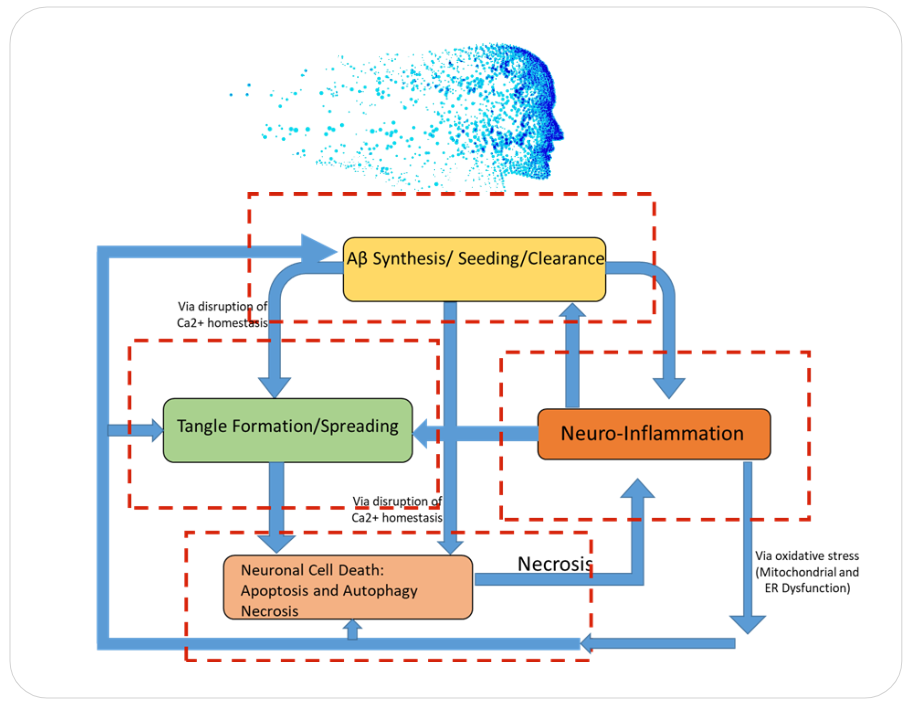
Research Progress
.
The Open Science Institute’s Alzheimer’s disease Initiative has now progressed to the first phase — Systems architecture.
We need your support to move forward. Our goal is to raise $2 Million to research and reveal to the scientific community, highlighting the powerful potential of Alzheimer’s disease in brain health. Please support this initiative.
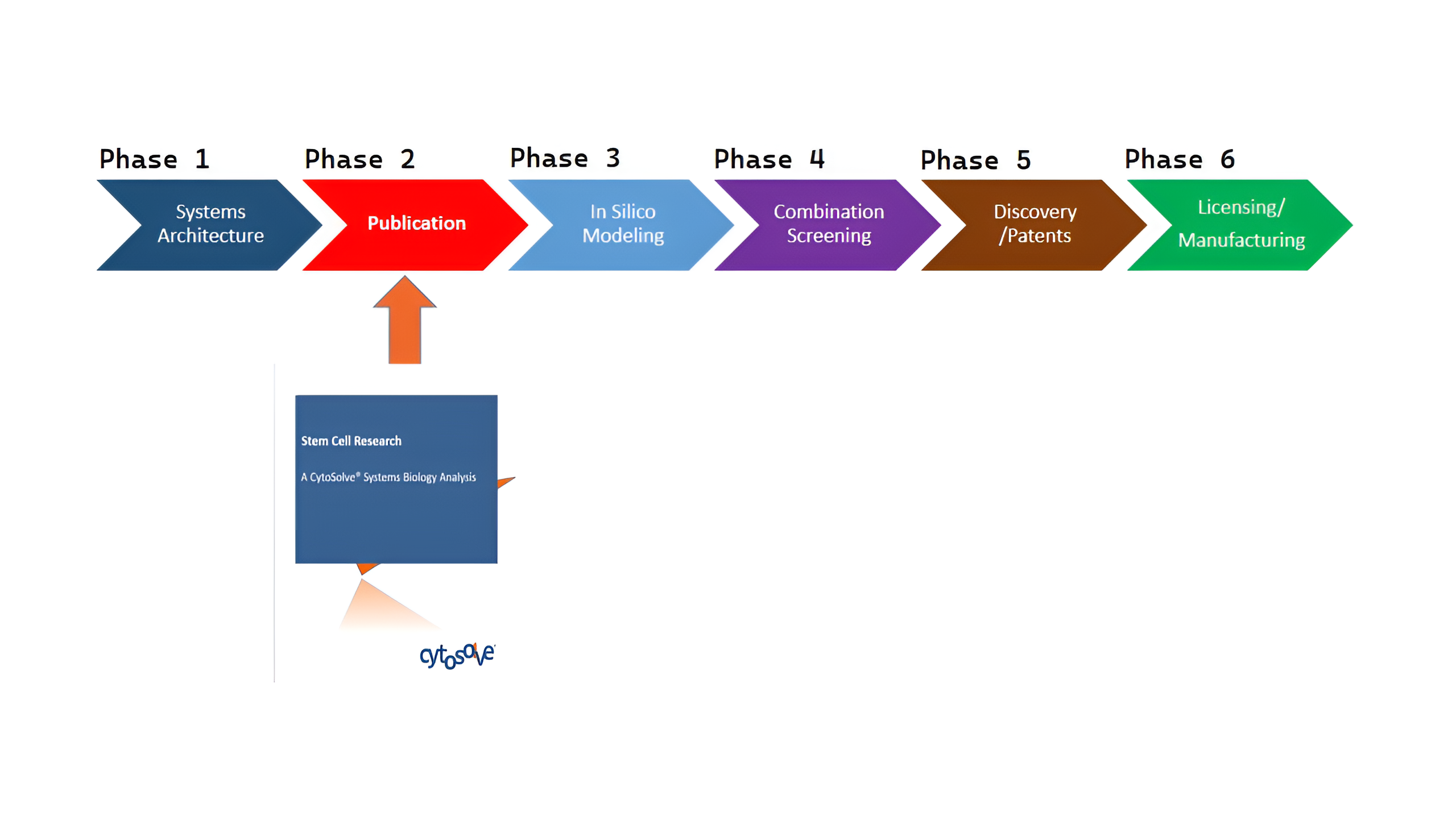
Systems Architecture
The Systems Architecture of Alzheimer’s disease is published as a Web-based tool open to public. Click below to interact with the systems architecture
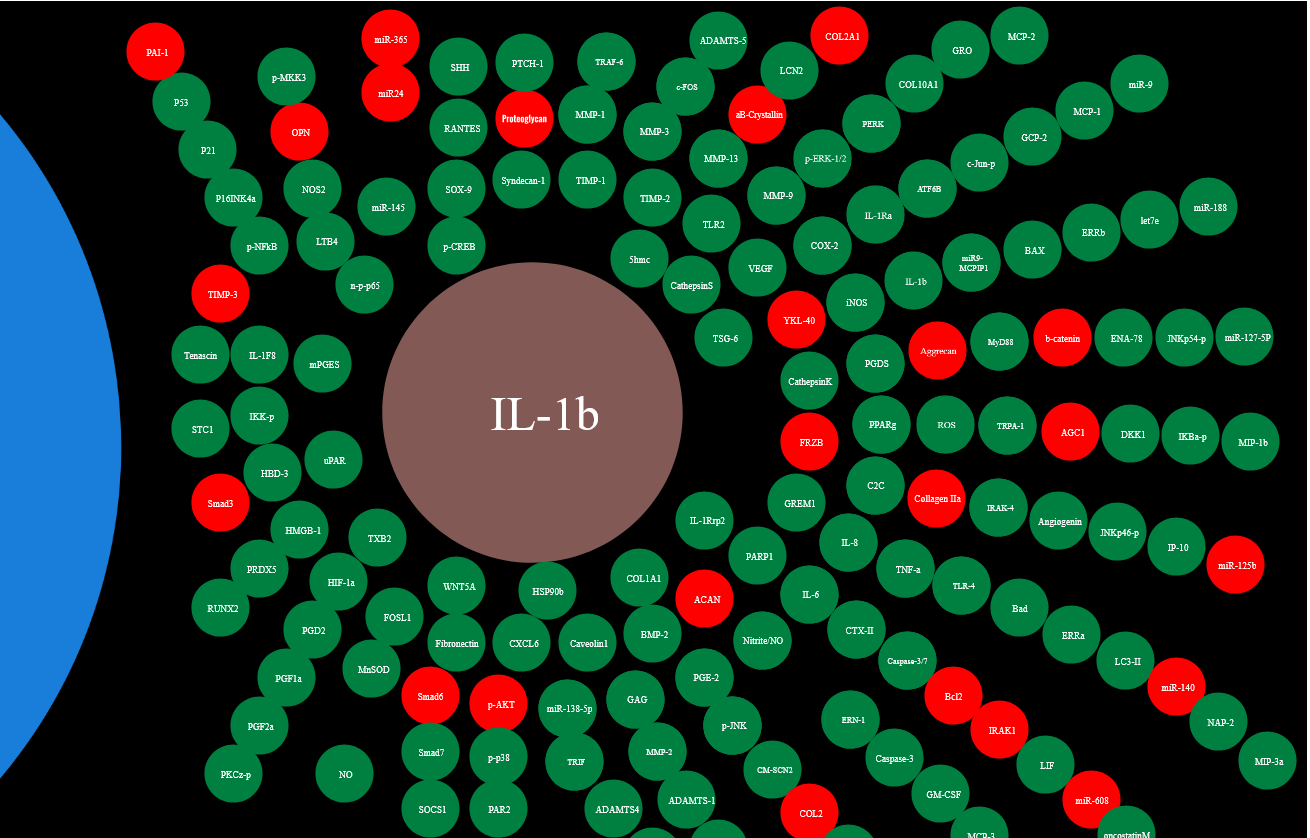
Publication
A peer-reviewed publication from the Alzheimer’s disease Initiative will be released soon to benefit the public by revealing powerful insights into the use of compounds for treating Alzheimer’s disease—support this initiative to advance scientific discovery and deliver real solutions.
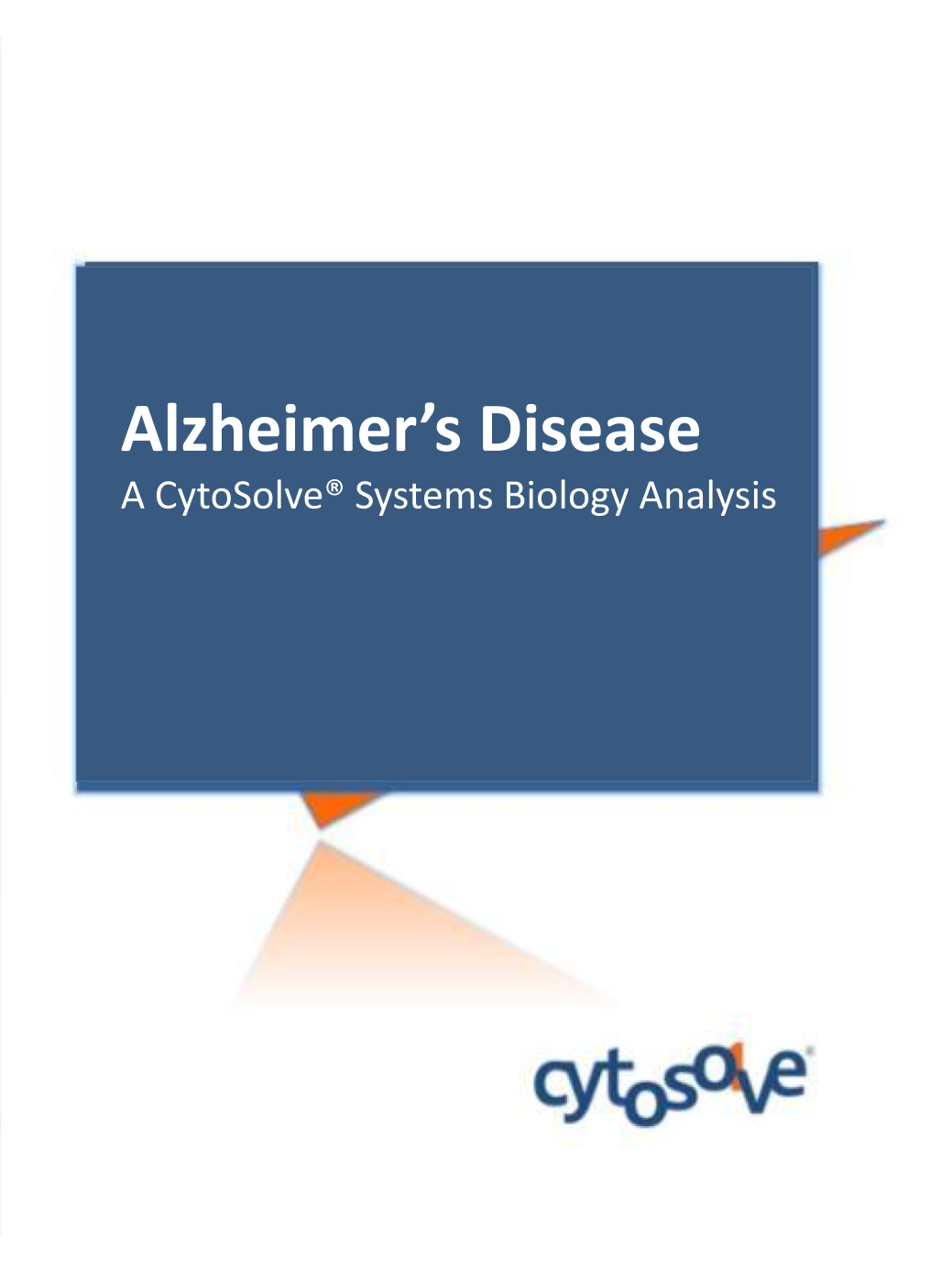
In silico Modeling
In this phase, the Alzheimer’s disease will conduct in silico modeling to identify and test the efficacy of compounds on Amyloid-ß aggregation, Dementia and neurodegeneration activity. This phase is yet to begin.
Combination Screening
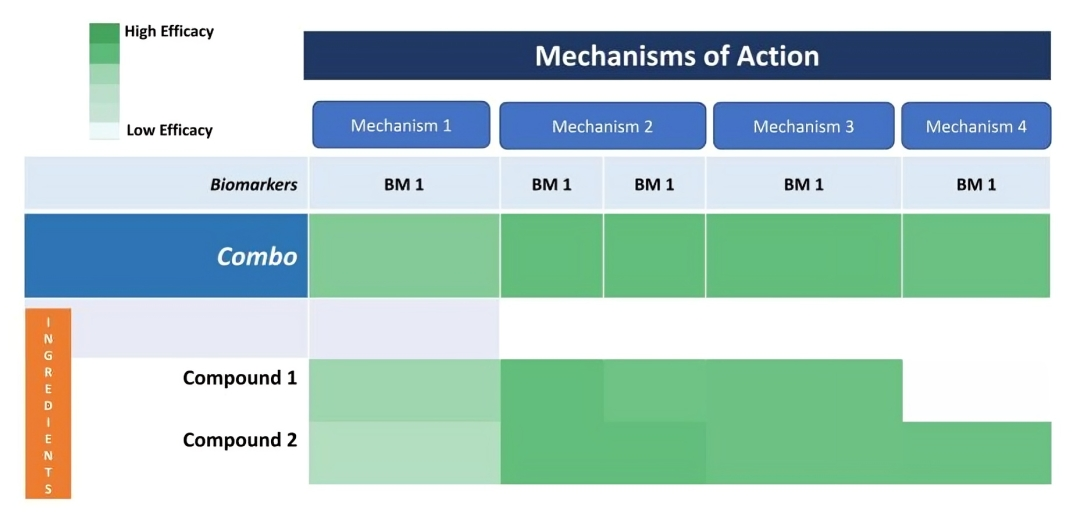
Patents
The Open Science Institute® through its Alzheimer’s disease initiative is moving towards getting patents for a revolutionary compounds that affects Amyloid-ß aggregation, Dementia and neurodegeneration activity.

Licensing and Manufacturing
The Alzheimer’s disease Initiative plans to discover, develop, license and manufacture a Alzheimer’s disease product which supports brain health. Support our mission to bring this innovation to those who need it most. Please support this Phase by donating to the Alzheimer’s disease Initiative
